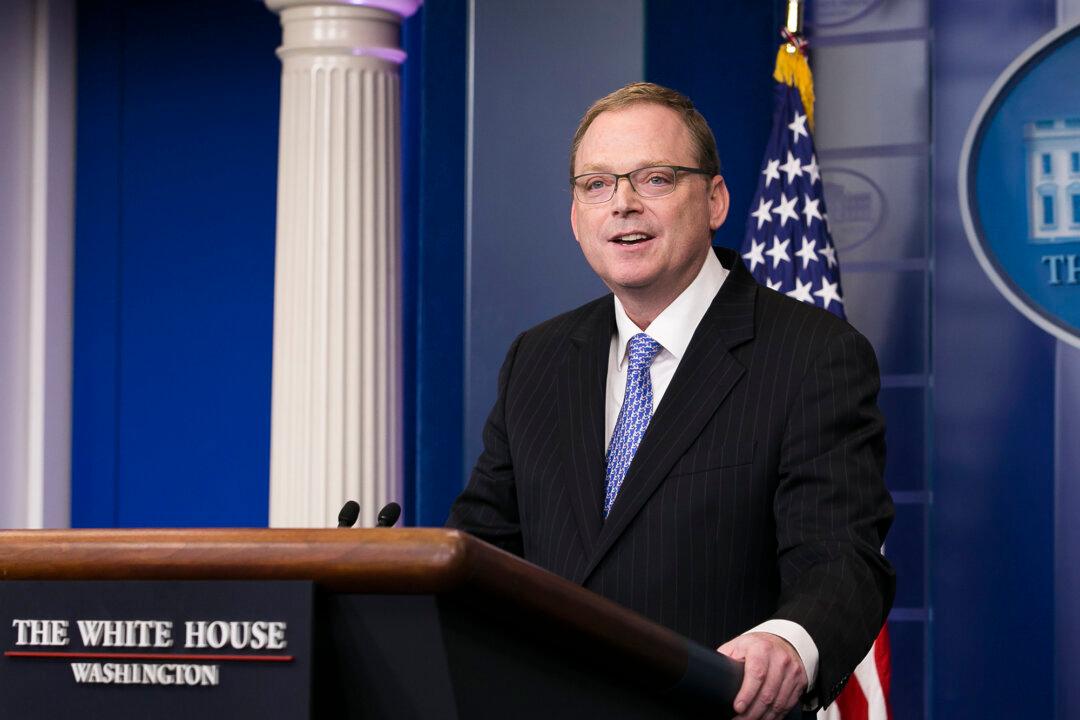White House economic adviser Kevin Hassett said the pandemic could drive the U.S. economy into its biggest slump since the Great Depression, with a second-quarter contraction in output of up to 30 percent.
“You’re looking at something like minus 20 percent to minus 30 percent in the second quarter,” Hasset said on CNBC’s “Squawk Box,” referring to the quarterly headline gross domestic product (GDP) figure.





